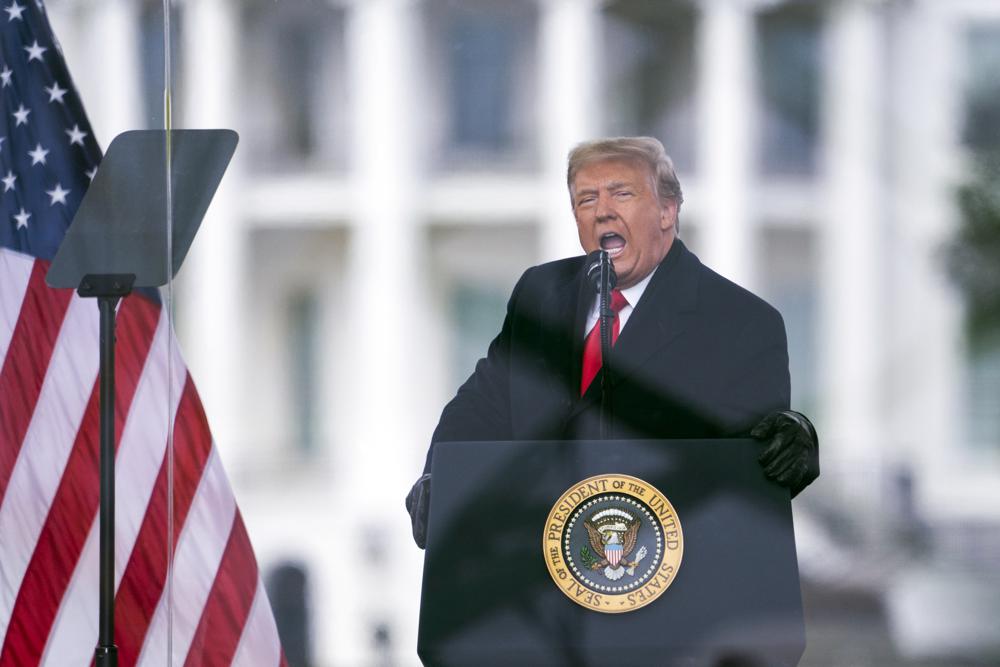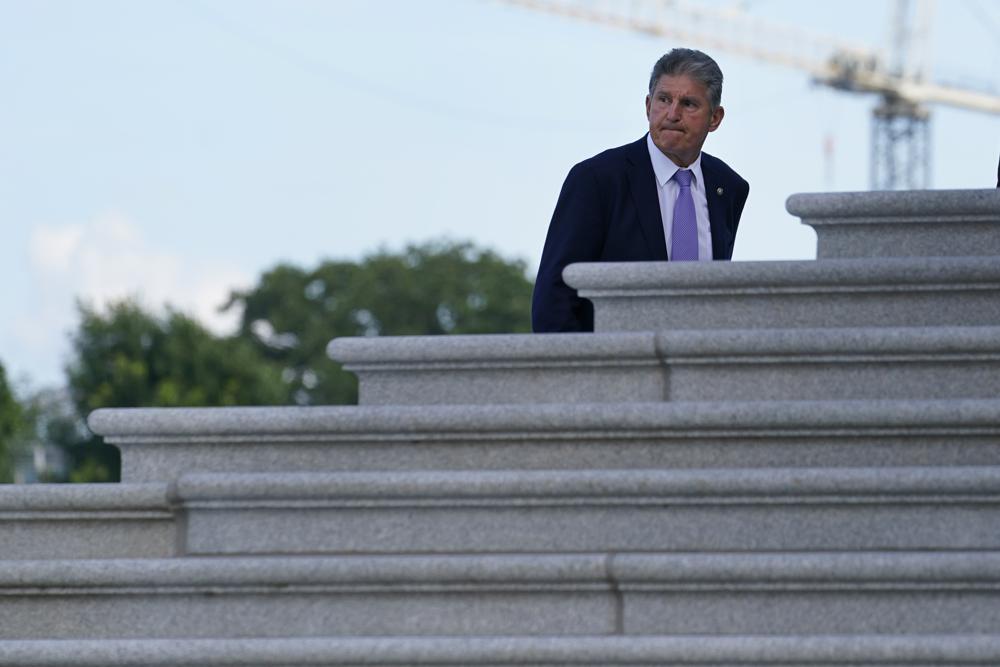Black activists say Jan. 6 insurrection was part of white supremacist playbook
EXCLUSIVE: Voting rights advocates connect Capitol attack to racial riots throughout history that sought a common goal to strike fear in Black voters and anyone who validated their political power.
LaTosha Brown, co-founder of Black Voters Matter received a call from the Federal Bureau of Investigations on Jan. 6, 2021 notifying her of credible threats against her life.
She evacuated her home in Georgia that day. Miles away in Washington, D.C., federal lawmakers took cover and hid from an assault on the U.S. Capitol building.
“[My co-founder] Cliff and I had to move our families from our homes and go stay at safe houses for 10 days,” Brown exclusively told theGrio. “On January 6, you know, not only were we witnessing an attack on the Capitol, we were also dealing with the fact of our own safety issues.”

Brown and other voting rights advocates pin the violence that unfolded on Jan. 6 on white supremacists. Additionally, the proponents of voting rights connect the riot at the Capitol to racial riots throughout history that sought a common goal: to strike fear in Black voters and anyone who validated their political power.
Brown highlights that there are three tactics white supremacists utilize when they focus on Black voting power — creating a culture of fear, weaponizing the administrative process and restricting access to vote.
“People need to understand that January 6 is not in isolation. It is the same playbook that white supremacists have always played in this country,” Brown added.
Certifying the electoral votes of a presidential election used to be an overlooked procedure but it became a focal point of an attempted coup when then-President Donald Trump and some Republican members of Congress attempted to stop the process.

While the individual rioters at the Capitol knew they wanted to “stop the steal,” Tolulope Kevin Olasanoye, national political & organizing director at The Collective PAC does not think their aim was to suppress and discount votes casted by Black Americans. However, Olasanoye contends lawmakers who conspired with President Trump had the political savvy to target electoral votes in states where Black voters made the difference in Joe Biden’s win — Georgia, Michigan and Pennsylvania.
“Whether they are in charge of the process or not, they certainly understand that there’s a certain decorum and form and manner in which things take place, certainly, as it relates to a certification of an election,“ Olasanoye said. “They were clear in their focus and their intention, what they were trying to do, and that [was] to stop the democratic process from working.”
The insurrectionists were unsuccessful in preventing Joe Biden from becoming president, but Scott Roberts, senior director of criminal justice campaigns at Color Of Change contends the rioters accomplished their goal to control lawmakers through fear. Roberts believes U.S. Senator Joe Manchin’s rationale for not passing voting rights legislation is evidence of white supremacy impacting Congressional business.

“He’s afraid to upset folks who believe the big lie,“ Roberts explained. “So much of his argument is based on a fear of that white anger that showed up on January 6.“
“People like Manchin and Sinema have actually leveraged that white anger that was, you know, that is really a national issue, symbolized by January 6 as a justification for not moving voting rights.”
Since last year, state houses across the country have considered restrictive voting laws. But lawmakers at the federal level have struggled to pass legislation to respond to the disenfranchising bills. Democratic Senate leadership hopes to use the anniversary of Jan. 6 to build support for voting rights bills. Advocates agree that it’s time to link the two issues.
“I see January 6, serving as really the catalyst,” Byron Hobbs, senior organizer of reinvestment at Community Change said. “What happened on January 6, with lawmakers and subsequently in state legislatures is nothing more than a backlash to how Black voters showed up in 2020.”
Have you subscribed to theGrio podcasts “Dear Culture” or “Acting Up?” Download our newest episodes now!
TheGrio is now on Apple TV, Amazon Fire and Roku. Download theGrio.com today!
More About:Politics



